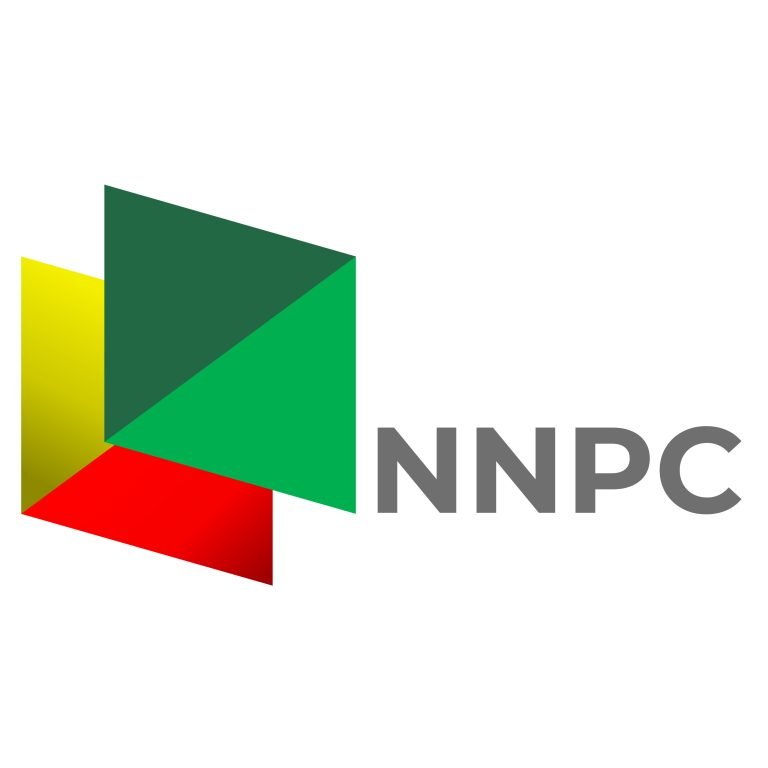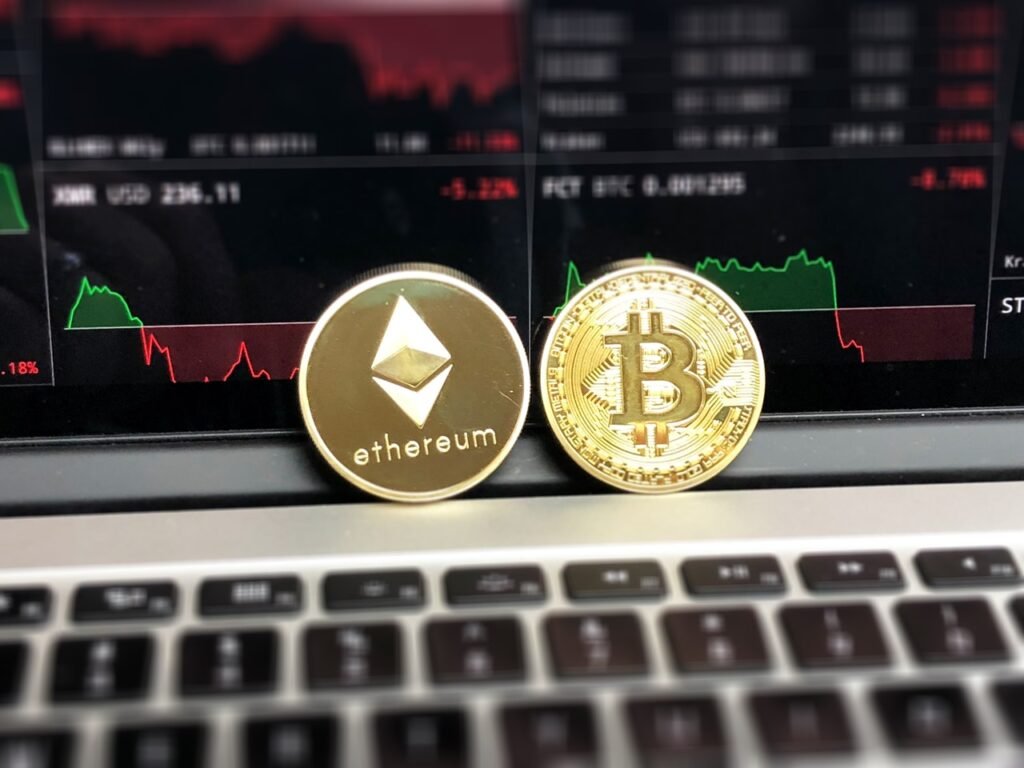Japan’s Financial Services Agency (FSA) will approve the launch of Japanese yen-denominated stablecoins as early as this fall. This is a landmark step as it will be the country’s first fiat-pegged digital currency with the addition of local regulatory compliance.
JPYC Takes the Lead in Rollout
Tokyo-based fintech firm JPYC will be licensed as a money transfer business this month to spearhead the rollout. The stablecoin, denominated 1 JPY = 1 yen, will be backed by highly liquid assets such as bank deposits and Japanese government bonds (JGBs) to ensure stability and trust.
How JPYC Works
Against purchase orders from corporations or individuals, JPYC tokens will be issued via bank transfer to users’ digital wallets directly. This system is based on international stablecoin models, bridging traditional finance and the ease of blockchain.
Also Read:
- Stablecoin Adoption Threatens U.S Digital Payment Giants
- Nigeria Embraces Stablecoin Revolution with Clear Regulation and Vision
- Bitcoin Hits Record High Above $122K, Amid Bullish Momentum and ETF Inflows
- BBVA’s Bitcoin and Ethereum Trading Approval Signals Growing Crypto Acceptance in European Banking
Market Context
The global stablecoin market, dominated by U.S. dollar-pegged tokens like Tether (USD₮) and Circle’s USDC, has expanded to over $286 billion. While U.S. dollar stablecoins are already present in Japan, this will be the nation’s first yen-pegged stablecoin.
Potential Impact on Japan’s Bond Market
JPYC representative Okabe noted on X that large stablecoin issuers in the United States have become significant buyers of U.S. Treasuries as collateral. He suggested that widespread JPYC adoption could also boost demand for JGBs, effectively reducing yields and reshaping the Japanese government bond market. “JPYC will likely start buying up Japanese government bonds in large quantities going forward,” he wrote.
Broader Implications and Monetary Policy
Okabe warned that countries lagging behind in the creation of stablecoins face higher bond yields from unrealized institutional demand. He argued that monetary policy issues are now among the primary reasons for governments, such as Japan, to drive the regulation structures for stablecoins.
USDC Launch in Japan
In a related move, Circle officially introduced USDC to Japan on March 26, following FSA approval on March 4. It marked the first time the FSA approved a foreign-issued stablecoin under its guidelines, paving the way for yen-based innovation initiatives.

























